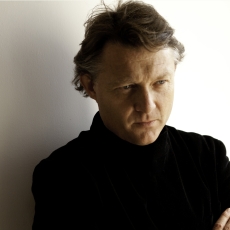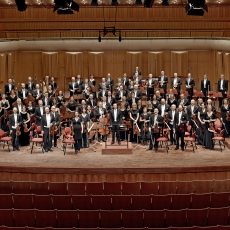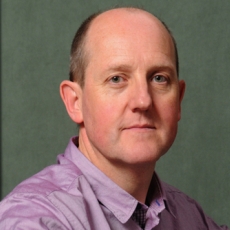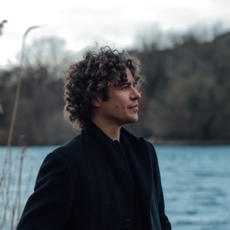Robin Ticciati - Swedish Radio Symphony Orchestra - Berlioz: L'enfance du Christ - PS Audio
Hector Berlioz (1803–69) was no novice by the time he created L’enfance du Christ. Well past the sensational premiere of the Symphonie fantastique and his triumph with the Prix de Rome—something he won only on his fourth try—he began work on L’enfance in 1850, by accident. Arriving at a party at which card-playing was the primary amusement, he gladly accepted his friend Pierre Duc’s suggestion that he spend the evening creating a musical autograph. On the spot, Berlioz began to sketch the now-famous “Shepherds’ Farewell.” Later that year, casting around for material to fill out a concert program, he decided to present this music as a newly discovered manuscript from an obscure 17th-century French composer, “Pierre Ducré.” The trick worked: everyone praised it. One critic called the music far superior to anything Berlioz himself had written. Eventually he completed an entire segment, “The Holy Family’s Flight into Egypt,” and performed it in Germany as his own work. Enthusiastic supporters encouraged him to create something still more substantial, and so he did. In 1854 the whole triptych (Herod’s Dream, The Flight, and The Arrival at Saïs) was performed in Paris—and acclaimed. Feeling vindicated and creatively reborn, Berlioz decided to try larger projects again, including a monumental setting of Virgil’s Aeneid that would become Les Troyens. The central narrative of L’enfance seems sadly contemporary: a young Middle Eastern couple flee their homeland when threatened by a murderous tyrant. Arriving in Egypt, Mary, Joseph, and the infant Jesus are denied shelter by natives but finally taken in by a compassionate émigré family “born in Lebanon, in Syria.” Thus, as Berlioz put it in his libretto, “it came to pass that by an unbeliever our Savior was saved.” I’ve long admired classic recordings of this charming post-Nativity story as led by Charles Munch (RCA, 1956) and by Colin Davis a bit later. Among more recent recorded efforts, that of Robin Ticciati and the Swedish Radio Symphony Orchestra and Chorus (Linn CKD 440; 2 SACDs) is a strong contender. Recorded in crystalline high-res sound from live performances, we are placed in front-stall seats that provide every nuance, from the buzzy warmth of the cellos to a delicate flutes-and-harp trio that enlivens part 3. (As a child, Berlioz had mastered both flute and guitar.) Producer-engineer Philip Hobbs strikes a nice balance: you’ll hear the choir rise and sit, but you’ll never feel uncomfortably close to soprano Véronique Gens (Mary) or bass Alastair Miles (Herod/Ishmaelite Father). Kudos to Linn also, for a gorgeous 60-page text booklet with musicological notes and a perceptive essay on “Theological Perspective” that ranges much further than “theology.”





